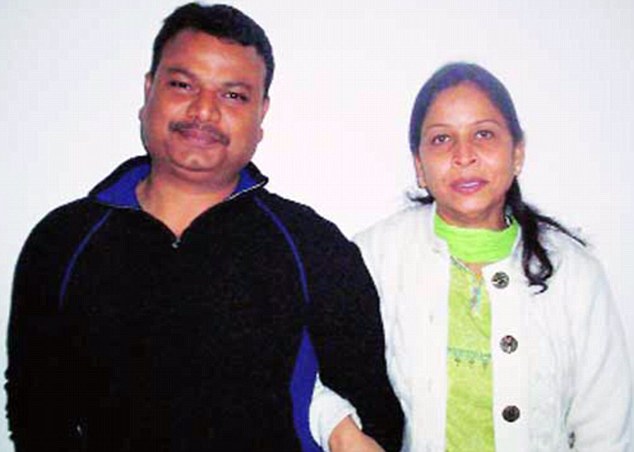An estimated 90% of men who have sex with men and as many as 5% to 10% of sexually active women engage in sodomy or receptive anal intercourse.
Often referred to simply as anal sex, anal intercourse is sexual activity that involves inserting the penis into the anus.
Is Anal Sex Safe?
Anal sex has a number of health risks. Anal intercourse is the riskiest form of sexual activity for several reasons, including the following:
The anus lacks the natural lubrication the vagina has.
Penetration can tear the tissue inside the anus, allowing bacteria and viruses to enter the bloodstream. This can result in the spread of sexually transmitted infections including HIV. Studies have suggested that anal exposure to HIV poses 30 times more risk for the receptive partner than vaginal exposure. Exposure to the human papillomavirus (HPV) may also lead to the development of anal warts and anal cancer.
The tissue inside the anus is not as well protected as the skin outside the anus
Our external tissue has layers of dead cells that serve as a protective barrier against infection. The tissue inside the anus does not have this natural protection, which leaves it vulnerable to tearing and the spread of infection.
The anus was designed to hold in feces.
The anus is surrounded with a ring-like muscle, called the anal sphincter, which tightens after we defecate. When the muscle is tight, anal penetration can be painful and difficult. Repetitive anal sex may lead to weakening of the anal sphincter, making it difficult to hold in feces until you can get to the toilet.
The anus is full of bacteria.
Even if both partners do not have a sexually transmitted infection or disease, bacteria normally in the anus can potentially infect the giving partner. Practicing vaginal sex after anal sex can also lead to vaginal and urinary tract infections.
Anal sex can carry other risks as well. Oral contact with the anus can put both partners at risk for hepatitis, herpes, HPV, and other infections. For heterosexual couples, pregnancy can occur if semen is deposited near the opening to the vagina.
Even though serious injury from anal sex is not common, it can occur. Bleeding after anal sex could be due to a hemorrhoids or tear, or something more serious such as a perforation (hole) in the colon. This is a dangerous problem that requires immediate medical attention. Treatment involves a hospital stay, surgery, and antibiotics to prevent infection.
People enjoy it without knowing the consequences. Sometimes even ignorant kids become a victim to sodomy. It can damage the child’s private parts permanently apart from causing mental imbalance. It can lead to severe bleeding as well.
Everything that the gay or non gay couples enjoy in their bedroom can’t be left up to them in the name of privacy. Like watching porn and voyeurism are perversions even though the people involved apparently may not be physically or mentally harming anyone else. Practicing anal sex is also perversion. It might give pleasure to some or painful pleasure to others but on the long run, it is unhealthy as well as unhygienic.
Putting a check on such unnatural practice is necessary not only from social point of view, also from health point! It is important to discourage people from practicing anal sex if we want to control the spread of deadly AIDS and other sexually transmitted diseases.
By: Dr. Florentina Monsoom Lyndon

